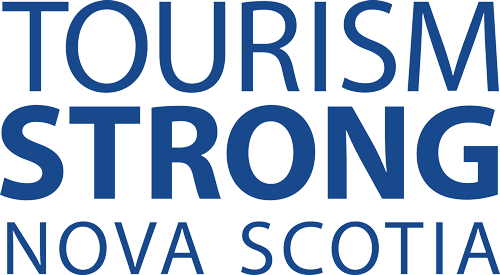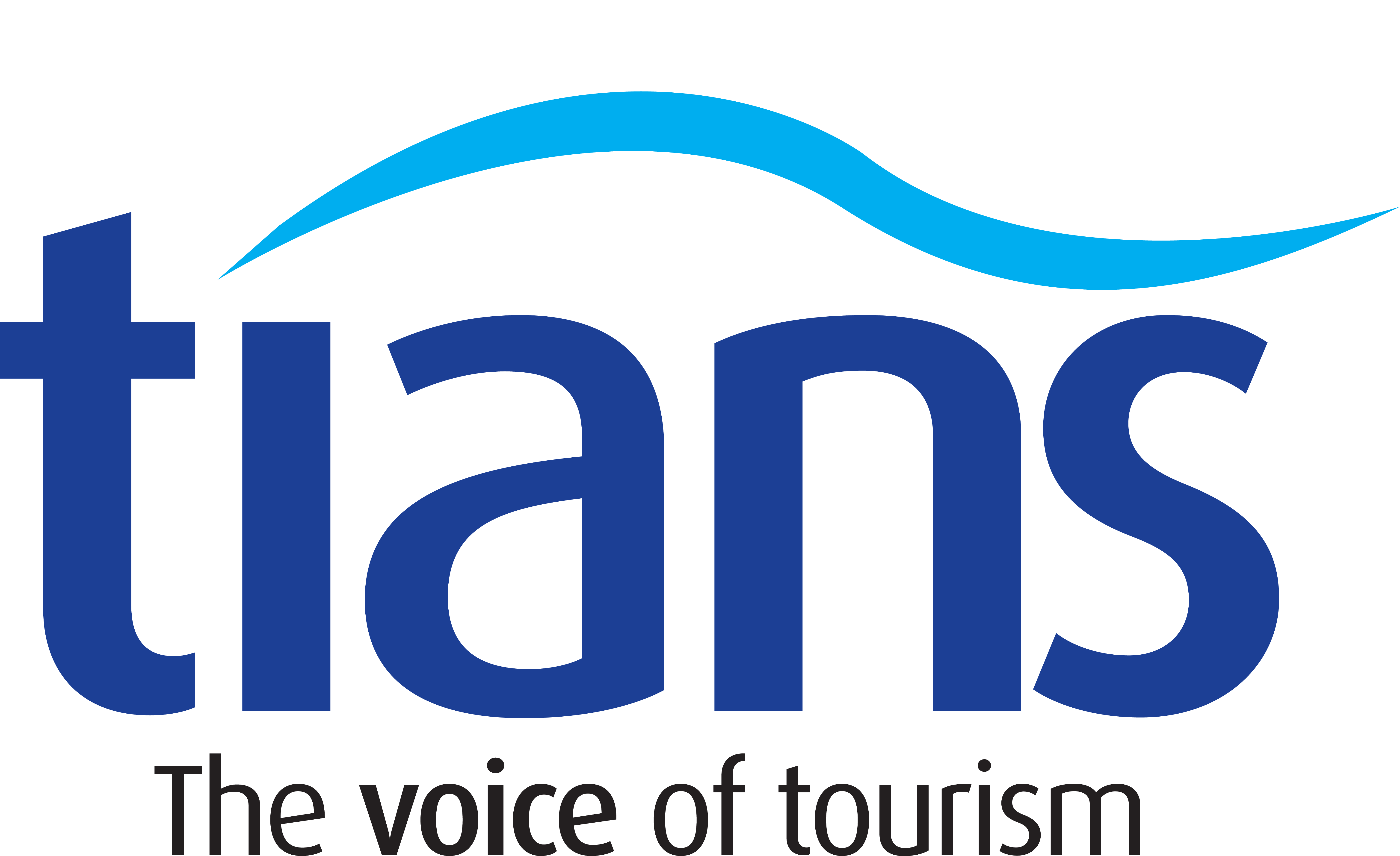The Tourism Industry Association of Canada (TIAC) has outlined several key budget proposals presented in Budget 2024 that impact the tourism industry.

April 16, 2024
TIAC Talk – SPECIAL EDITION – Budget 2024
Fiscal Outlook and Key Investments
• The government projects a $40 billion deficit for this fiscal year. Significant new spending includes $8.5 billion allocated for housing initiatives aimed at addressing affordability and availability. The budget also introduces a $6 billion disability benefit and a $1 billion school food program, which are designed to support vulnerable populations and improve health and education outcomes for children.
• An increase in capital gains taxes is projected to generate an additional $19 billion in revenue, aligning with efforts to increase fiscal sustainability and fund critical social programs.
Supporting Indigenous Economic Opportunities in Tourism
• The budget proposes a $2.5 million allocation in 2024-25 to continue supporting the Indigenous tourism industry through the Indigenous Tourism Association of Canada.
Conservation and Parks
• A commitment of $156.7 million over five years will support capital investments in national parks, national marine conservation areas, and historic sites to ensure their preservation and accessibility for future generations.
• New projects include the Pituamkek National Park Reserve on Prince Edward Island and the Central Coast National Marine Conservation Area in British Columbia, with respective funding of $71.9 million over 12 years and $109.6 million over 11 years, focusing on conserving biodiversity and boosting eco-tourism.
Employment and Labour Initiatives
• Employment Insurance will be extended for seasonal workers in targeted regions until October 2026, with an estimated cost of $263.5 million over four years. This extension supports workers in seasonal industries by providing financial stability between work periods.
• The Youth Employment and Skills Strategy will receive $351.2 million in 2025-26 to create 90,000 job placements and employment opportunities for youth. This includes significant investments in the Canada Summer Jobs program and other initiatives to tackle critical labor shortages and provide valuable work experience.These investments in youth job opportunities include:
• $200.5 million in 2025-26, for Canada Summer Jobs to provide well-paying summer job opportunities, including in sectors facing critical labour shortages, such as housing construction.
• $150.7 million in 2025-26, for the Youth Employment and Skills Strategy Program to provide job placements and employment supports to youth.
Cultural Investments and Heritage
• The Canada Arts Presentation Fund will receive $31 million over two years to support arts festivals and performing arts series across the country. This funding will support diverse cultural events like La TOHU’s Festival Montréal Complètement Cirque and the Vancouver Fringe Festival, enhancing the cultural landscape and attracting tourism.
• $23 million over three years will support the Toronto International Film Festival, and $15 million will assist the Shaw Festival Theatre’s expansion, reinforcing Canada’s position in the global arts scene.
Infrastructure and Transportation
• Starting in 2026-27, the government will provide $3 billion per year in permanent funding for public transit projects across the country, enhancing connectivity and reducing carbon emissions.
• VIA Rail will receive $462.4 million over five years to support network operations and an undisclosed amount to replace its aging fleet, ensuring reliable and efficient passenger service outside the Quebec City-Windsor corridor.
High Frequency Rail
• Proposed legislative amendments will enable VIA HFR-VIA TGF Inc. to act as an Agent of the Crown, facilitating the development of a high-frequency rail system with a $371.8 million investment over six years. This project aims to improve travel efficiency between major urban centers and reduce transportation-related emissions.
Marine and Port Enhancements
• $463.3 million over three years will be allocated to repair and maintain small craft harbours, critical after damage from events like Hurricane Fiona. Additionally, $124.1 million over five years will support Marine Atlantic Inc. to maintain affordable fares and reliable services for Atlantic Canada.
Airline Fee Transparency
• The budget emphasizes the need for clear disclosure of optional airline service fees to enable consumers to make fully informed decisions about their travel purchases. This initiative will involve collaboration with the Canadian Transportation Agency and major airlines.
Securing the Canadian Biofuels Industry
• The government proposes up to $500 million per year to support biofuels production, including renewable diesel, sustainable aviation fuel, and renewable natural gas. This is aimed at reducing greenhouse gas emissions and supporting jobs in agriculture and forestry. The Canada Infrastructure Bank also plans to invest at least $500 million in biofuels production under its green infrastructure investment stream.
National Airport System
• The Minister of Transport will release a policy statement this summer that highlights existing flexibilities for airports to attract capital, including from pension funds.
Economic Growth and Innovation
• An additional $158.5 million will be provided to Canada’s Regional Development Agencies over two years to stimulate regional economic growth through innovation, including specific provisions for housing innovation.
New Tax Measures
• The new Canada Carbon Rebate aims to return over $2.5 billion to approximately 600,000 small businesses, alleviating some of the financial burdens associated with environmental compliance.
TIAC will continue to assess the Federal Budget in its entirety and will seek clarity in several key areas. Be sure to monitor our website for regular updates.

